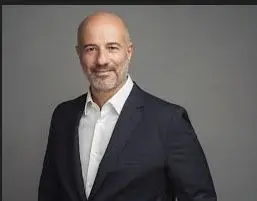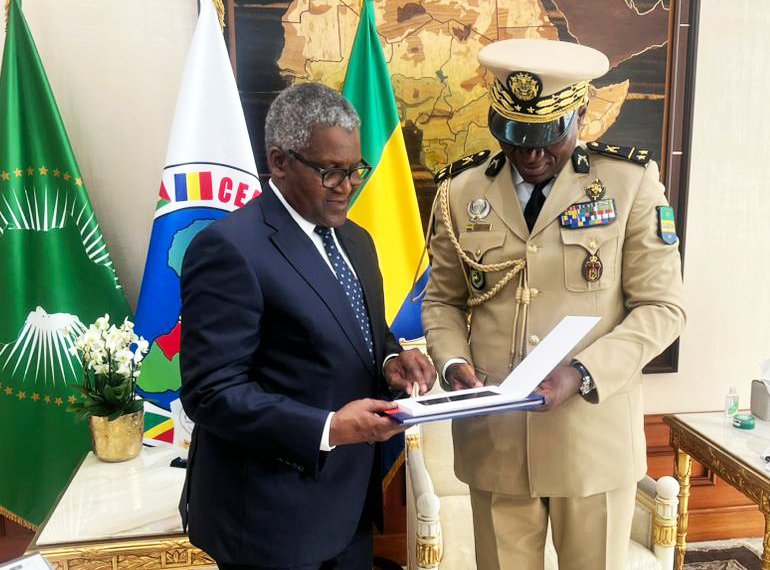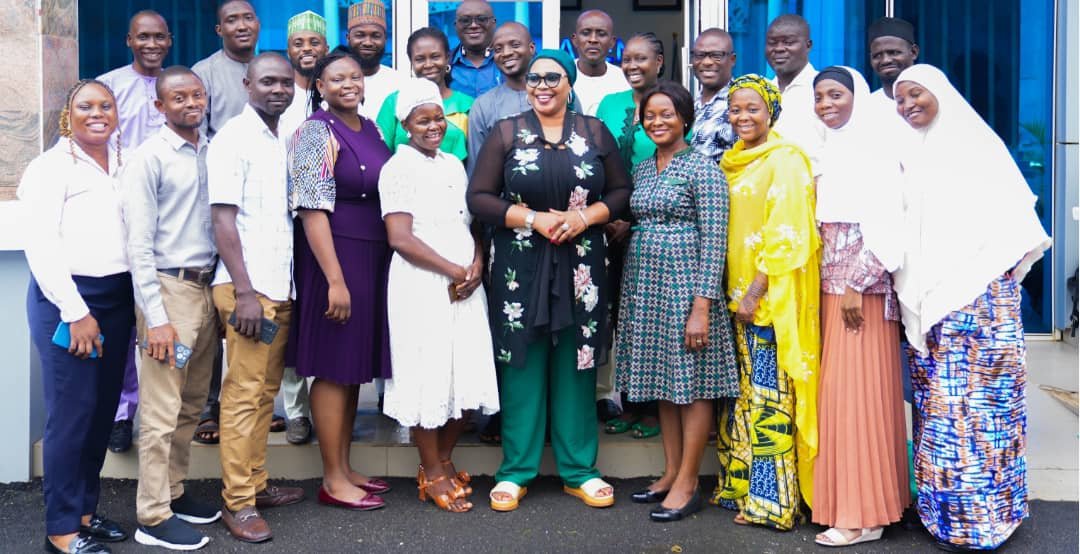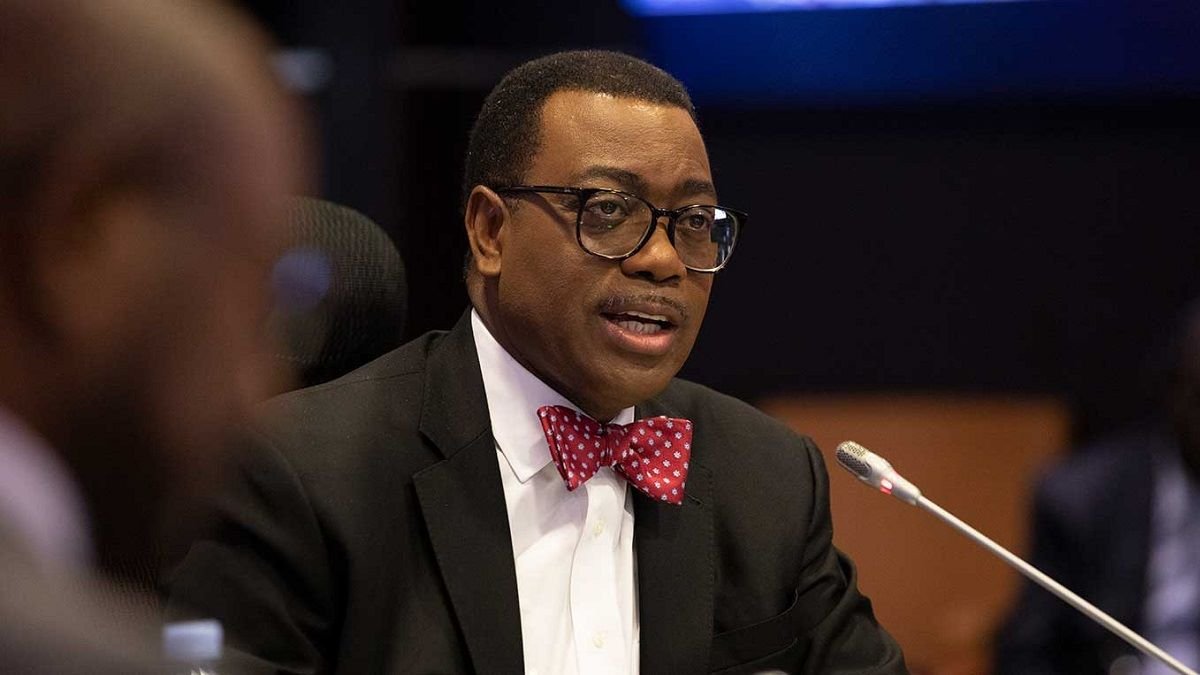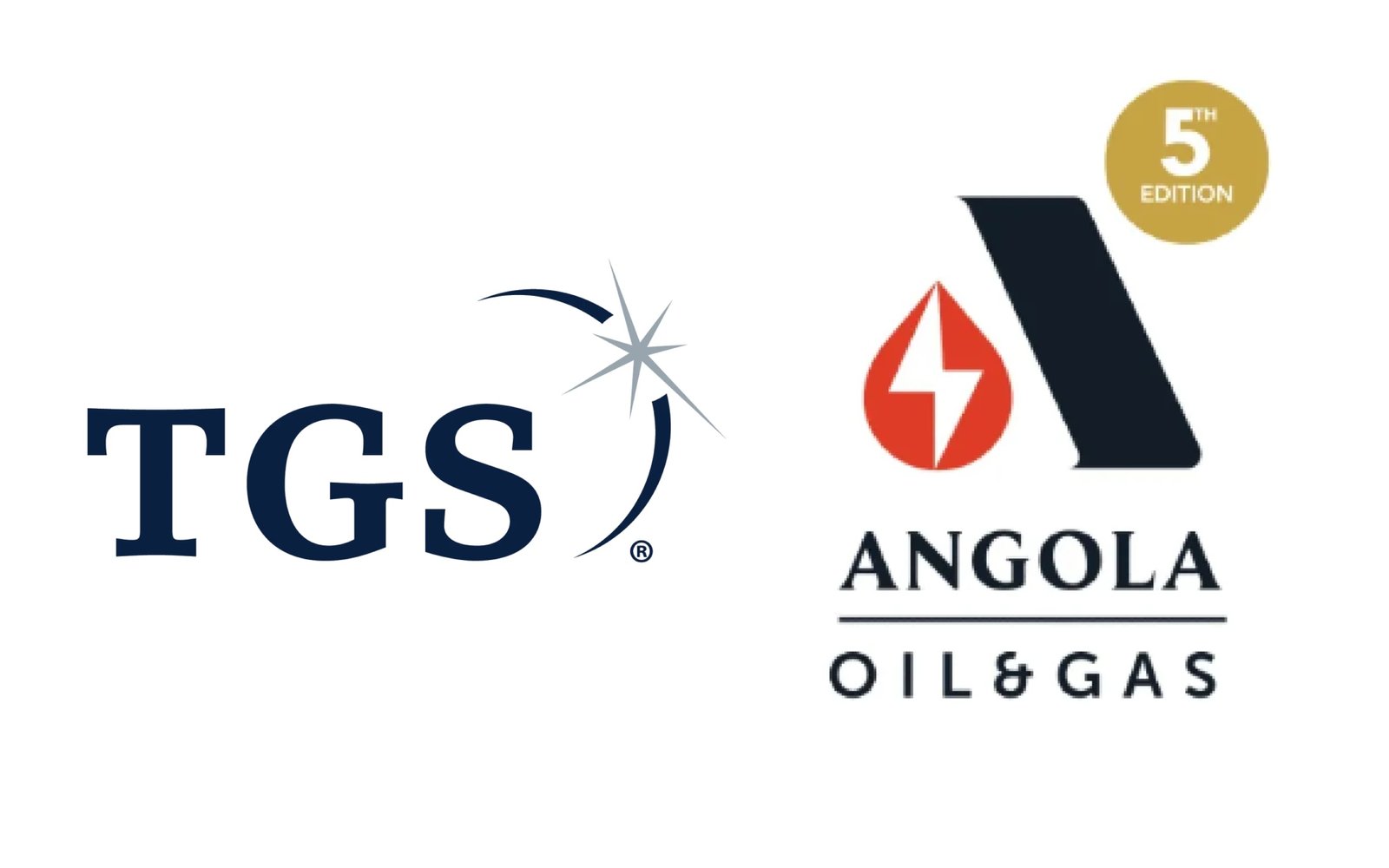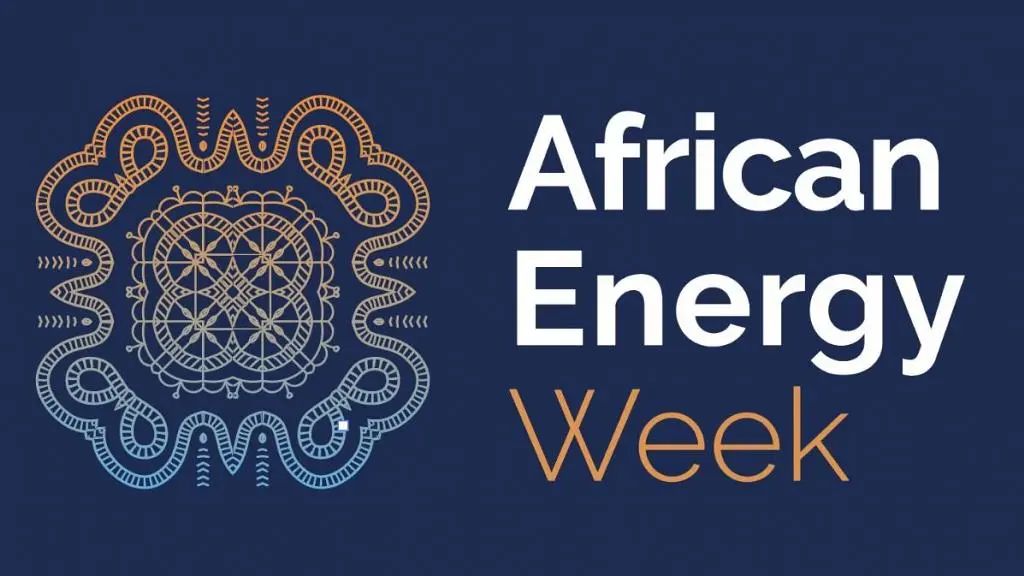INTERVIEW: Oil will remain relevant for more than 50 years — DPR
With the quest for renewable energy and other resources, many people think the era of oil is over. But in this interview Engr. Sarki Auwalu, Director/Chief Executive Officer, Department of Petroleum Resources, said it will remain relevant in over the next 50 years. He also spoke about other topical issues, including exploration plans, especially in the frontier basins, and efforts to bring sanity to the downstream sector. Excerpt.
What is the DPR doing to support the transition to renewable and clean energy, which is presently the global trend?
This is energy politics as you know. The developed nations used brown energy to develop. They are the highest consumers as we speak and oil would remain relevant for more than 50 years to come everybody knows that. And Africa in particular needs fossil fuel to develop. There is no industrialized nation that is developed with renewable energy and renewable energy will only be developed with non-renewable means. What it means is diversification of energy. You have to diversify the energy, use more gas, use oil, which is crude oil because we need to refine. If you want to build an electric car, you only get polyethylene, polypropylene; and all the polymers from the refinery, you can’t get it from gas.
So, we the developing nations should not really take it that we need to join the race of getting renewable, ours is to use this brown energy like China, India, and Brazil, all did. No one can say China or India should stop searching for crude oil because that is the ingredient of development and the same thing for Nigeria.
We know from World Energy Outlook that crude oil would remain very relevant in the next 50 years and it is an ingredient for developing economies. Matured economies can afford to use renewable energy, but developing nations cannot. Energy security in Nigeria is just around 25 percent; 75 percent do not have access to energy, let alone renewable. What we are emphasizing is the responsible use of energy, which is to diversify energy use. And what are we doing on this? You see today we are saying we are migrating to gas.
There is no refinery now without petrochemical attached to it. Even the modular refinery, produce diesel, heavy fuel oil (HFO), and naphtha. Naphtha is the building block for petrochemicals. So, we are engaging and pushing for hydrogen on one part because it is something that is gaining ground.
Issues of tank farms and oil depots in residential areas have remained unaddressed, despite several calls by stakeholders. What is the DPR’s position on the matter?
In some of these depots, the residents actually met them there. The farms were already there before people started building houses around the facilities– that is the case with 80 percent of the facilities. And now that people are occupying the area and they are now pushing back what really attracted them. The DPR does not issue approval without potential businesses obtaining approval from the planning authority of the respective states.
That is because, what the state government has is the land – the land rate belongs to the state, and the DPR seldom gives any approval for any infrastructure without having an objection from the state. So, when you put these two together, you find out that the complaints are largely coming from depots that are occupied by residents. There was a committee set up by the National Assembly to really look into this and when they came, we gave them this information especially with respect to how these facilities were licensed before the residents came.
It is interesting to know that some realized it is actually the other way because most of those residents hardly have a certificate of occupancy on the lands they occupy. Beyond the tank farms, the situation is applicable to the pipeline right of way. You will see that for the pipeline right of way, schools were even built on them.
I know it is hard, but this is the hard truth. The only thing we are seeing is that state governments are looking for revenue, so they seldom want to push this, because when you push them, it reduces revenue for them, and from a safety point of view, we now compel each and every facility to develop what we call a safety case. Safety is a case for safety and why that facility should remain in operation. As the owner of the facility, you make a case that whatever happens, you are 100 percent liable and that case is reviewed and renewed every two years because things change.
Based on the history and the condition that we find ourselves, we request that they make a case for safety, identify all the risks, do a study to reduce it to a low and practicable level and in a way that their operations, emergency, and interaction is being taken care of so that if something happens, you are 100 percent liable. So, we are working with all the stakeholders to see how we can relocate that. In fact, when the National assembly set up that committee, for us, it was a good one because we helped them with a lot of data and they are in politics, they know how to manage that very well.
Accidents from fuel-laden tankers have become a routine, especially in Lagos. How can this be addressed?
Recently, we said every tanker must have a safety valve because if there is a tanker incident, the fuel will explode. So now it is compulsory for every tanker to have a safety valve. It is a no-return valve, when the tank is filled up, the product cannot really open, in fact, you cannot even siphon from the tank. And the discharge point also has no return valve. You can only use the lock of the valve to open it. For all the major marketers, their tankers are fitted with safety valves, in fact, 95 percent of the major marketers, their tankers are fitted with safety valves. Now, the big issue is the independent marketers. We gave them a final deadline of February 28th to comply but when we started implementing it, we found that there were queues everywhere, both in Lagos and Abuja. So, we realized they needed some time, and they needed to import the safety valve from abroad. So, we now look at it that it may create unnecessary scarcity.
So, we said if you have two trucks, you can only use one and you must put one away. We gave them a moratorium and identified the source of the safety concerns. We decided to let their union, and not individuals, be the one to procure the safety valves. That is, you must be a Petroleum Tanker Driver (PTD) member, for the safety of the drivers. And there is the National Association of Road Transport Owners. So, we brought the two unions together and we all agreed three years ago that we will phase out every tanker that does not have a safety valve. The major marketers have complied, now the independent marketers are lagging. Some of them have complied, but the compliance level was about 20 percent before February. But, right now, because of the measures we took in bringing them together, using their union to get the safety valves, we have recorded about 47 percent compliance and that was because we said each and every office that manages the depot in Nigeria should enforce it.
We have a template whereby we know the tanker, the product it took, whether it has a safety valve or not, the number, the owner, and everything. So, we are tracking them to ensure compliance and I believe that with time, tanker incidence will reduce drastically. With the safety valves, even if the tankers fall, the products would not spill because it is the spillage of the products that cause the major havoc on the roads. The major marketers have fixed their tankers with safety valves three years ago.
Before now, you granted a couple of licenses to modular refineries and most of them have remained largely unutilised?
Our License to Establish (LTE) is for two years and once you are issued LTE for two years and you don’t use it, it becomes null and void; you have to reapply afresh. So, when we introduced this policy, it really encouraged a lot of them to start preparing the site. They come for our Approval-to-Construct (ATC), which is renewable, but you have to pay. With the ATC, you have already committed money and you have started building. So, that is the strategy we are using. So, there is no LTE that is dormant now. After two years, you know, you lost the money, you lost everything, so you have to start afresh.
Where is the country presently in terms of reduction of oil production cost?
No two fields are the same. To benchmark and say your cost of production is X per barrel is not appropriate. Every field has its attendant cost because you use a different strategy to extract. But the average as it is now, we want to lower it, at least not to be more than optimal. Some you can produce at $10 per barrel, some at $15 per barrel, some even below $10, and some at maybe $18. But what we want is when you take costs, the average should be between $13 or $14 per barrel. But we know the cost of producing in deep water is different from the cost of producing in the inland basin. It is different from the cost of producing in a swamp. So, we don’t have a single figure. What we do, which is why we have the National Oil and Gas Excellence Centre (NOGEC), we have software here that helps to find out the optimal cost per barrel for each field.
We know the cost per barrel and get the aggregate cost for that particular company and we charge the company based on its terrain. That is because working offshore is different from working onshore, the costs are different. In offshore, maybe the security cost is less, and offshore it is higher. There are so many parameters. So, that is why we said we need to optimise the cost. The cost of drilling needs to be benchmarked against agreed parameters. All the basic costs in the same terrain must be the same thing, but the additional costs in terms of management and in terms of handling can be different.
The marginal bid rounds would be concluded soon, can you give us an idea of how much the government is expecting to generate from the transaction?
When we started the marginal fields’ bid round, a lot of people expected that it would be the same as the previous one. But, actually, it is not. This one, the government really wants to maximise earnings from it. So, we expect nothing less than $500 million because when you look at the assets and you look at the contributions, we expect a marginal field to bring within the next two years. So, if we have 57 fields and we are looking for just $500 million, I think the government is fair. People don’t want the government to make money, but the government needs to make money because the major revenue earner for Nigeria is oil and gas. A lot of people say the expectation is high, but how much do you pay for a field that is only 50 per cent of our lowest field in the North Sea? You pay thrice or four times the same value you pay in Nigeria. So, what is preventing us from taking the same advantage? Same thing in the US, you pay taxes of over 85 per cent and yet you pay for other things, but here you pay taxes of only 55 per cent and you pay a royalty of 2.5 per cent. But some think the government shouldn’t earn anything.
In fact, people are advocating that marginal fields should just be allocated, saying, after all, our country is not suitable for investments. Some Nigerians tell people not to invest in Nigeria. But right now, with the success we have recorded with marginal fields, I think the whole world agrees that you can come to Nigeria and invest and you will make money out of it. A lot of people were given the opportunity in 2003, and then there wasn’t an SPV structure. But now, there is a Special Purpose Vehicle (SPV), which is the operator of the asset and you have equity in the SPV. That SPV is the asset that is awarded to you and the award letter is so clear on what you have. That is to ensure that we get more from these assets. This is to ensure that the country makes maximum revenue out of this commodity. Before, some operators would be working towards stripping the assets or even be the ones dictating the contract. But, that is no longer obtainable. There is a unit at DPR responsible for the marginal field which oversees everything.
What are the risks to your target of increasing the country’s daily crude oil production by 600,000 barrels by 2024?
The only risk we have is for prices to crash. And to allay that risk, we are pushing for a refinery revolution because with that, the worst would be to consume it in Nigeria because we are importing products and we need jobs to be created. So, the risk for the additional 600,000 barrels is a crash of price. In terms of human capital, if you look at it, all we do is leverage a lot of technology, so that human interface is reduced, and we try to use artificial intelligence (AI). So, where necessary we employ, but we try as much as possible to take advantage of technology.



